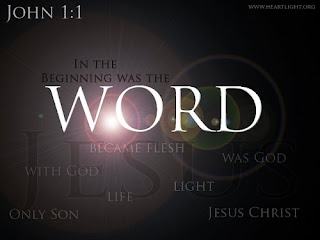A great Daily Devotion from Our Daily Bread (http://odb.org/) today which I wanted to share with you guys.
Colossians 3:12-14 - Therefore, as God’s chosen people, holy and dearly loved, clothe yourselves with compassion, kindness, humility, gentleness and patience. 13 Bear with each other and forgive one another if any of you has a grievance against someone. Forgive as the Lord forgave you. 14 And over all these virtues put on love, which binds them all together in perfect unity.
What's your Brand?
A popular clothing retailer requires that its sales clerks dress like the models in the store windows who advertise its clothes. This practice is referred to as “guarding their brand.” The idea behind it is that shoppers will be more likely to purchase clothes because they will want to look like the people they see wearing them.
In a consumer-oriented culture, it’s easy to be seduced into thinking that we can “buy” acceptance by wearing the things that beautiful people wear. Retailers would have us believe that looking good will make us desirable.
Sometimes we even convince ourselves that we can win followers for God by making ourselves attractive to the world. But the Bible is clear about what’s really important to God. He wants us to look like Jesus in our character. In a sense, Jesus is our “brand,” for we are being conformed to His image (Rom. 8:29). We attract others to Christ when we put on His attributes, which include tender mercies, kindness, humility, meekness, longsuffering (Col. 3:12), and, above all, love (v.14).
Instead of polishing and protecting our own image, we need to be guarding and reflecting the image of God, which is being perfected in us through Christ.
Note: Even though we talked about the Teleological Argument and Apologetics during this past Saturday's Youth Group Meeting and briefly during Sunday School, the point is to never win an argument. The branch of Apologetics is defending your faith. We never win other's to Christ simply by use of argument or logic. We win others to Christ by acting more like Christ through a change in our old ways as we become more like Him (sanctification).















